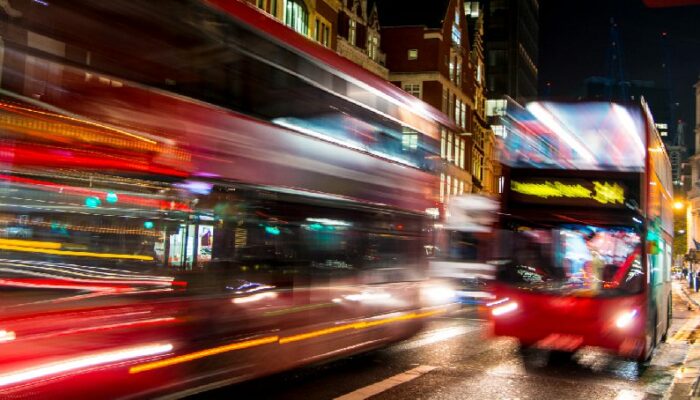
How does business and the workplace become carbon neutral by 2050? This is not a topic which is well covered.
Last week, Addleshaw Goddard teamed up with Atkins to deliver a workshop on the responsibility and role of the workplace to cut carbon emissions. This was part of the online DecarboN8 conference which brought together researchers, practitioners and activists from around the world to examine what works for decarbonising transport, and how this can be delivered at the pace required to meet our obligations under the Paris Agreement.
The workshop, entitled “I don’t always save the planet, but when I do, I’m at work”, facilitated a useful discussion about what businesses could do in terms of their internal strategy, policy and behaviours, and in addition, what businesses and employers could do to create external impact on policy, regulation, investment and infrastructure, and leadership.
A few key themes quickly emerged on how businesses can reduce their carbon emissions. Many centred on how employees travelled to work. This is particularly timely as businesses all over the UK begin to encourage their workforce to return to the office.
The commute accounts for 5% of all carbon emissions, and 25% of all transport emissions,[1] yet there is no regulatory framework or incentive for businesses to reduce this. Many corporations support for example, cycle to work schemes, but there is no corporate requirement to keep track of commuting emissions, or to take action to help employees reduce their carbon footprint in travelling to work.
For central London businesses, a policy of logging commute-related emissions would likely be welcome. They have the benefit of the best infrastructure in the country. However, what about everywhere else? At our workshop, we got a glance of what was possible, when Norwich-based business, Mobilityways demonstrated they were able to reduce carbon emissions created by their workforce by a staggering 95%. The business relocated its main office to be closer to the majority of its employees, who were then able to cycle or walk to work. They achieved this by first of all becoming aware of their commuting carbon emissions.
Although it is recognised that not all business will have a local workforce, during the workshop, options which can have a real impact on the reduction of emissions produced by commuting employees were suggested. These included:
- Offering hybrid working from home packages
- Providing showers and cycle storage
- Offering salary sacrifice for electric vehicles
- Investing in virtual communication technology
- Creating policy surrounding air-travel for business
- Help with sustainable transport planning
- Rewarding employees for making sustainable travel and commuting choices
- Setting up new offices near employees, near bus and train routes
Carbon emissions from commuting fell roughly 30-38% from ‘normal’ levels experienced prior to the first lockdown in March 2020, and approximately 90% of workers who switched to working from home, wish to retain some ability to work from home as a permanent arrangement.[2] But face-to-face interactions will remain pivotal for many businesses as they collaborate and interact with customers and clients, and these interactions also serve an important role in maintaining employees’ motivation and mental health.[3] A policy which entirely relies upon the workforce staying at home is not the answer.
However, Covid-19 has had a dramatic impact on how we think about how we work, and how we commute. Net-Zero will only come about if we change our behaviour. The disruption Covid-19 has caused to our normal patterns of behaviour has provided a striking moment of insight and revealed our true adaptive capacities. We have been provided with a unique window of opportunity to reconsider the commute, before rushing back to how things were before.
[1] https://pressat.co.uk/releases/revolutionising-the-commute-is-key-to-reducing-uk-carbon-emissions-new-research-from-mobilityways-reveals-da85f9d9f474054043ae488b43720af7/
[2] https://decarbon8.org.uk/work-from-home-if-you-can/
[3] https://www.nhs.uk/every-mind-matters/coronavirus/simple-tips-to-tackle-working-from-home/
About the Author
This post was written by Jo-Ann Pattinson. Jo-Ann is a consultant solicitor at Addleshaw Goddard and socio-legal researcher based at the Institute for Transport Studies at the University of Leeds. She specialises in technology, transport and the law, and investigates how technology and the law impacts upon people and society.
